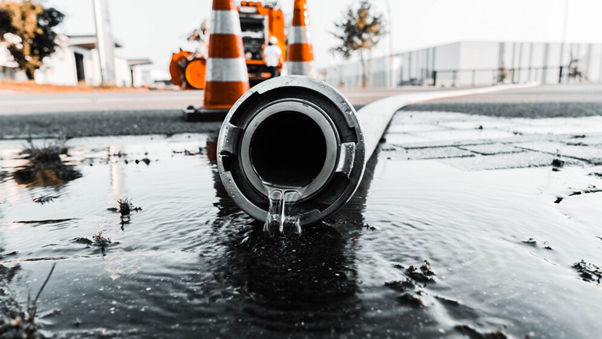Maintaining a functional septic system and grease trap is crucial for the smooth operation of any property, whether residential or commercial. These systems play a vital role in managing wastewater and preventing environmental contamination. However, issues can arise unexpectedly, emphasizing the need for reliable emergency services that operate round-the-clock.
Importance of Regular Maintenance
A well-maintained septic system and grease trap are essential for preventing costly repairs and environmental hazards. Regular inspections and pumping ensure that these systems operate efficiently, minimizing the risk of backups and overflow. Neglecting maintenance can lead to clogs, foul odors, and potential contamination of groundwater.
Understanding Your Septic System
A septic system consists of a tank where solids settle and are decomposed by bacteria. The effluent then flows into a drain field where it is further treated by the soil. Proper functioning depends on factors such as tank size, usage, and soil composition. Regular pumping every 3-5 years is recommended to prevent solids from accumulating and causing blockages.
Signs You Need Emergency Service
Recognizing when to call for emergency service is crucial to prevent further damage. Signs such as slow drainage, gurgling sounds from drains, or foul odors near the drain field indicate potential issues. In such cases, prompt action by a qualified technician from a 24/7 emergency septic system service can mitigate problems before they escalate.
The Role of Grease Traps
Grease traps are essential in commercial kitchens to capture fats, oils, and grease (FOG) before they enter the sewer system. Over time, FOG can solidify and cause blockages, leading to backups and health code violations. Regular maintenance by trained professionals ensures grease traps operate efficiently, minimizing the risk of disruptions to daily operations.
Common Issues with Grease Traps
Improper maintenance of grease traps can lead to costly repairs and downtime for businesses. Issues such as overflowing traps, foul odors, and drainage problems indicate the need for immediate attention. A reliable emergency service specializing in septic grease trap maintenance can resolve these issues swiftly, keeping your kitchen operational.
Choosing the Right Service Provider
When selecting an emergency service provider for your septic system and grease trap needs, reliability and expertise are paramount. Look for companies with a proven track record in the industry and certifications that demonstrate their commitment to quality service. Emergency situations require swift response times and effective solutions to minimize disruption and prevent further damage.
Preventative Measures for Long-Term Health
Beyond emergency services, proactive measures can prolong the lifespan of your septic system and grease trap. Educating users about what can and cannot be flushed or poured down drains helps prevent unnecessary clogs. Regular inspections and maintenance schedules tailored to your system’s needs ensure it continues to operate smoothly.
Conclusion
In conclusion, a 24/7 emergency septic system and grease trap service are essential for maintaining the functionality and longevity of these critical components of your property’s wastewater management system. By understanding their roles, recognizing signs of trouble, and choosing a reliable service provider, you can ensure that your systems continue to flow smoothly, protecting both your property and the environment.
Whether it’s a residential septic system or a commercial grease trap, proactive maintenance and prompt emergency response are key to avoiding costly repairs and environmental harm. Invest in the care of your systems today to enjoy peace of mind tomorrow.

